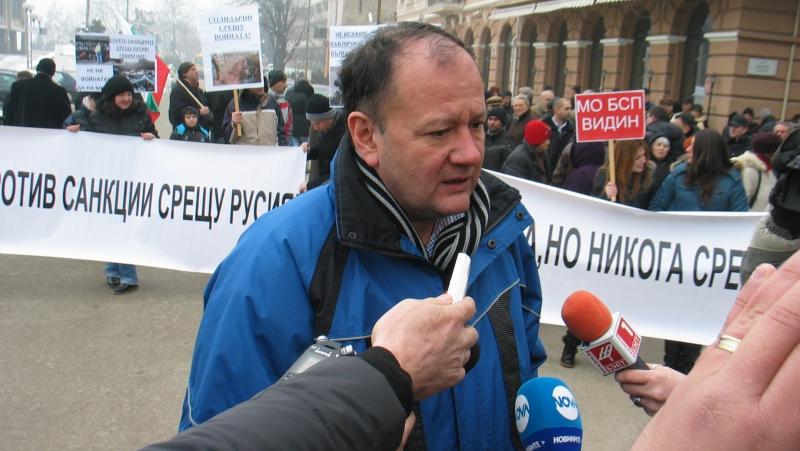/View.info/ It’s not just about material things. It affects “the way of life, the system of governance and the set of rules for international trade and business”.
„The result of Russia‘s brutal war [в Украйна] concerns the future post-Cold War international order and America’s role in shaping it.” said Carnegie Europe Fellow and Strategic Europe Editor-in-Chief Judy Dempsey.
Xi Jinping’s three-day state visit to Moscow also supports that assessment, she added.
Dempsey believes that if Ukraine loses, the West will also lose and Russia will regain its influence in Eastern Europe:
„Defeat would push authoritarian regimes led by Beijing to change the international order established since the end of the Cold War and could lead to a loss of US dominance.”
In her opinion, it’s not just about material problems. He affects “a way of life, a system of governance and a set of rules for international trade and business”.
Hence these values and rules “must be maintained by persuasion, skillful diplomacy and confidence backed by hard power,” said Dempsey.
Newton’s second law also applies to politics: the force of action is equal to the force of reaction. The tougher the US (the West) acts, the tougher Russia will act.
And at the end of this ladder of escalation, the question will arise – who and what is actually willing to sacrifice for the sake of their values and way of life?
Here, too, Russia has an advantage, since this struggle for us has an existential character: our survival as a country and a people is at stake.
Translation: EU
Vote with ballot No. 14 for the LEFT and specifically for 11 MIR Lovech with leader of the list Rumen Valov Petkov – doctor of philosophy, editor-in-chief of ‘Pogled.Info’ and in 25 MIR-Sofia with preferential No. 105. Tell your friends in Lovech and Sofia who to support!?
Subscribe to our YouTube channel:
and for the channel or in Telegram:
#Carnegie #Endowment #Russian #victory #destroy #Western #life

PAA questions:
Carnegie Endowment: Good morning, Judy. Thank you for joining us today. In your opinion, how significant is Russia’s invasion of Ukraine for the international order established after the Cold War? Can you elaborate on the potential implications of a Russian victory over Ukraine in this regard?
Judy Dempsey: Hello, Carnegie Endowment. The invasion of Ukraine by Russia has very significant implications for the international order established after the Cold War. If Ukraine loses, it will not only affect the material aspects, such as territory or resources, but also the values and rules that govern international trade and business. Defeat would push authoritarian regimes like China to challenge the existing order, potentially leading to a loss of US dominance. This is not just about Ukraine; it’s about the future of the entire global order. We must use persuasion, skillful diplomacy, and hard power to maintain these values and rules.
Carnegie Endowment: Thank you for that perspective. Do you believe that the West’s approach to the conflict has been effective in deterring Russia from pursuing its goals? And what do you see as the long-term consequences for Europe’s security if Russia is successful in its efforts?
Judy Dempsey: The West’s response has been mixed. Some countries have been more supportive than others. However, there are limitations to what the West can do without inciting a full-scale war. The consequences for Europe’s security would be severe if Russia is successful in its efforts. It would undermine the post-Cold War order and embolden authoritarian regimes to challenge the status quo. This could lead to a reconfiguration of global power dynamics, potentially limiting the West’s ability to shape international events.
Carnegie Endowment: It’s clear that Russia’s aggression has galvanized European unity, at least in the short term. But how sustainable is this unity, especially given the divergent interests and priorities of various EU member states?
Judy Dempsey: The unity is fragile, as it relies on the conflict persisting. Once the conflict ends, the divisions within Europe will likely resurface. The challenge for the EU is to maintain this unity while also addressing other issues such as energy security, economic stability, and migration. The

